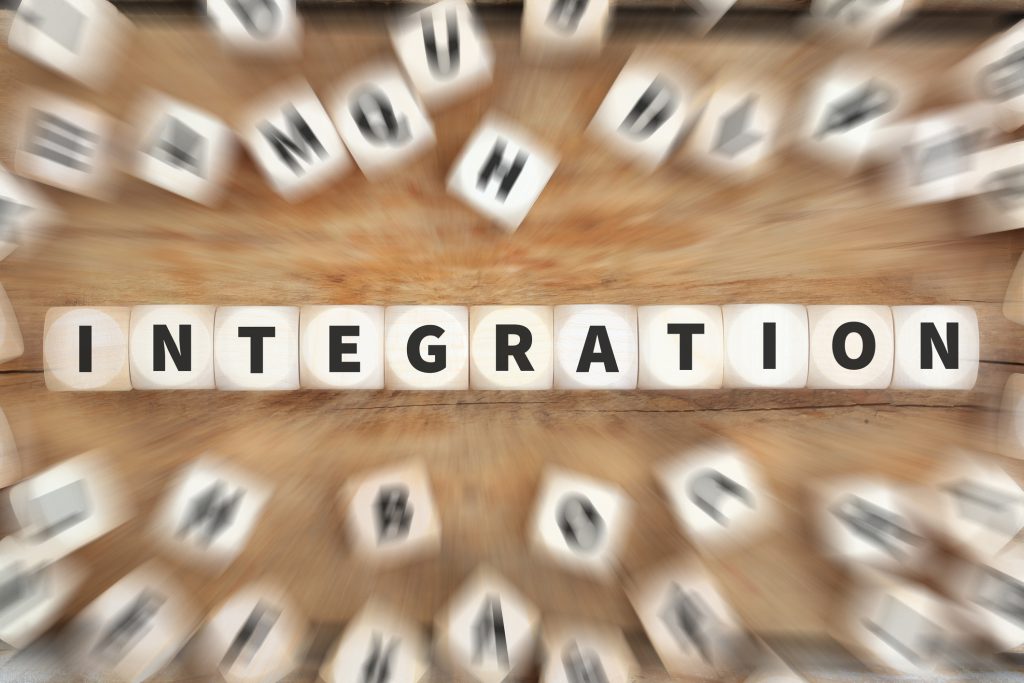An integration policy and beyond

Malta’s demography has undergone a radical change in the last 25 years as a result of illegal migration in the Mediterranean and subsequently the influx of thousands of third country national workers. Invariably this necessitated an integration policy which was rolled out in 2017. To date we have reached a situation whereby one in every five inhabitants is not Maltese and in certain localities like Msida, Maltese citizens are a minority! Following the “fruitful” policy of 2017, the government has recently launched a public consultation for a new integration policy in line with the Labour Party’s 2022 manifesto.
In order for this exercise to be successful we need to look at the problem holistically. Integration should start before entering Malta. Unfortunately, there have been various reports whereby third country nationals are taken straight away to their job from the airport with no training at all. A proper integration strategy should ensure the introduction of a pre-departure course not only to address this issue, but to ensure these workers receive proper training which ultimately translates to a better service. Over the years UHM Voice of the Workers has successfully delivered various courses of this kind which focus also on the socio-economic aspects of Maltese society. There can be no integration with foreigners who do not communicate in Maltese or English and are completely alien to our culture, ethos and values.
Another issue which must be addressed to increase the chances of integration is precarious employment. This cheap labour industry thrives on the fact that unionisation among these workers is practically non-existent as workers fear repercussions. This is why mandatory union membership for low-paid workers is crucial as it would empower these exploited foreign workers.
Integration is also bound to fail, if these third country nationals reside in squalid, overcrowded conditions. Hence, sanitary laws regulating the maximum number of persons who can reside in a dwelling need to be enforced.
Ultimately, there is a fundamental consideration to make. The root of this debate lies in the country’s economic direction. Recently, government has sent mixed messages on the matter amid signs that there is a split between those who favour the status quo and those who are warning that the cheap labour economy is unsustainable. In reality when considering Malta’s geographical size, resource limitations and population density this debate should be a no-brainer. This is why there is much more than meets the eye in this proposed integration policy. If this policy is segregated and treated like any sectoral reform it stands little chance of succeeding.
